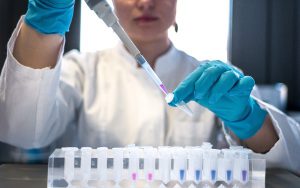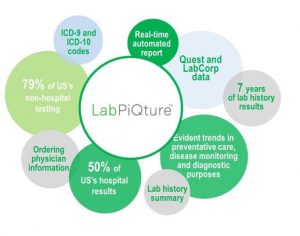Ask The Experts: Fasting and Specimen Transport
Related
Email Newsletter
Stay up-to-date with the latest news and information from the life insurance industry by subscribing to Insights, our monthly newsletter.
About
Follow Us
Links
Your Privacy Choices | Privacy Notices | Privacy Shield | Terms | Accessibility | Language Assistance / Non-Discrimination Notice | Asistencia de Idiomas / Aviso de no Discriminación | 語言協助 / 不䈚視通知
Quest, Quest Diagnostics, any associated logos, and all associated Quest Diagnostics registered or unregistered trademarks are the property of Quest Diagnostics. All third-party marks — ® and ™ — are the property of their respective owners. © 2000-2026 Quest Diagnostics Incorporated. All rights reserved.



















The only two results that will be impacted are triglycerides and glucose. Within three hours glucose should be normal; within eight hours triglycerides should be normal.
What is the effect of a delayed specimen transport (from the time the blood is drawn to the time it arrives in the laboratory)?
As long as the specimen has been centrifuged in a timely fashion and the serum separated from the blood cells, the transport time is not critical. Assuming no bacterial contamination or red cells are present, the serum specimen is quite stable for at least a week.
The time from blood draw to centrifugation is much more critical. Delayed centrifugation can cause low glucose values and mildly elevated creatinines. Exposure to heat prior to specimen centrifugation has the greatest effect on specimen quality. We recommend that centrifugation occur within a few hours for optimum serum quality and that specimen are kept cool during transportation.